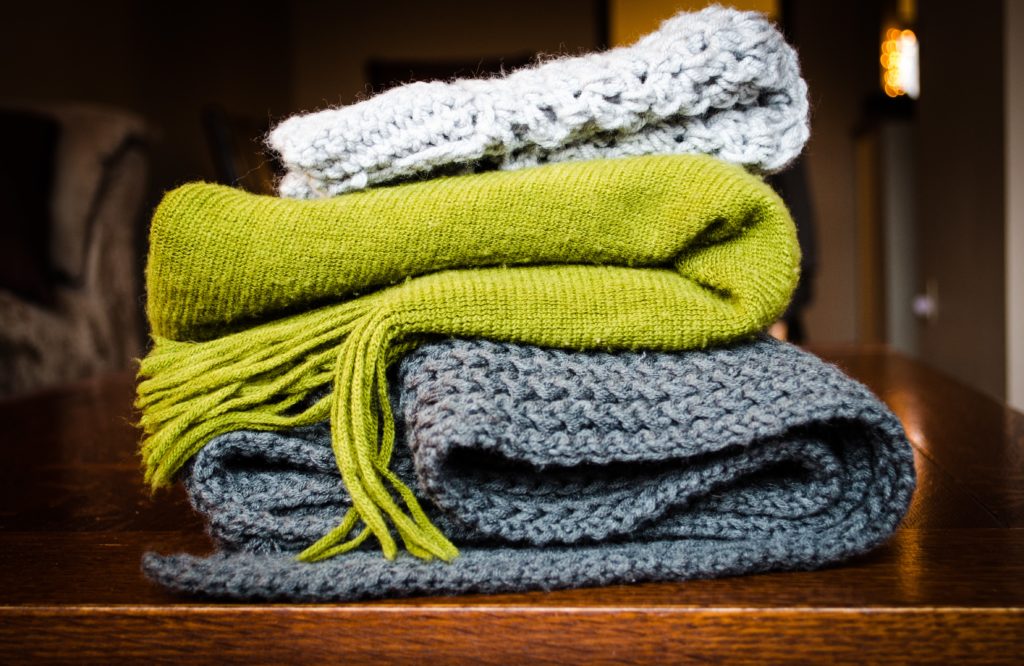
Whether you are a student, athlete, or just trying to live a healthy life, we could all benefit from a routine of adequate sleep. However, according to the Centers for Disease Control and Prevention, 1 in 3 American adults get less than seven hours per day, which is the recommended amount to maximize wellness. William Dement, M.D. argues in his book, The Promise of Sleep, that our patterns of rest are the single most important determinant of our length of life. But what is a “healthy” sleep schedule? It turns out that while inadequate sleep is common in the US, there can indeed be too much.
The National Sleep Foundation (NSF) has recommendations depending on your age group. The average for adults is 7-9 hours. As you get older, they recommend a shorter amount of time needed for sleep each night. However, they urge each person to reflect on how they feel each day and adjust their habits accordingly.
If you are one of the 33% of Americans not getting enough sleep you have probably tried or are willing to try anything to avoid staring at the ceiling for hours before falling asleep. For these unfortunate people, the moment the lights go off, their brain switches on…tossing and turning, wrestling and twitching until they reach exhaustion. One new product that has been receiving plenty of attention is a weighted blanket.
While sleeping with a weighted blanket may seem a little extreme at first, many believe that sleeping with the equivalent of a 30 pound toddler evenly distributed across their body, is very effective in calming anxiety, promoting relaxation and sleep.
A weighted blanket is filled with plastic pellets or glass beads that add weight to the blanket. These blankets range in weight from five to 30 pounds. The sensation is similar to the lead vest worn during dental x-rays and the extra weight provides deep pressure to relieve anxiety and reduce insomnia.
Choosing the optimal weight or type of blanket is not an exact science. Manufacturers recommend adults use a blanket that is equal to 10% of their body weight. The filler determines the thickness and texture. Glass beads are smaller and produce a thinner blanket as compared to plastic pellets.
For those concerned with temperature, some blankets use bamboo as a cover for cooling, while others offer additional filling for warmth.
The theory behind the use of weighted blankets for anxiety and insomnia rests on previous research related to deep pressure stimulation…gentle pressure applied over the entire body (like being wrapped in a swaddle or sharing a prolonged hug).
The concept of deep pressure for stress and anxiety reduction is not entirely new. Occupational therapists working with children with autism spectrum disorders have used deep pressure to promote a calming and relaxing effect.
Research supporting the efficacy of weighted blankets is limited and varied. While some studies suggest weighted blankets offer promise for those suffering from anxiety, far less support their effectiveness for insomnia.
One study of 32 adult volunteers, reported 63% lower levels of anxiety after lying under a 30 pound blanket for 5 minutes. In another study, 30 participants who were hospitalized for a mental health crisis demonstrated 60% reduction in anxiety after using the blanket.
Luxome: Made from bamboo and hypoallergenic glass beads with fibers known for moisture-wicking and cooling. Rated #1 with 6,000 five-star Reviews. $119.99 (luxome.com)
Layla: Made from high density micro glass beads with cotton, polyester and mink outer materials. Sized for one or two people. $129.00 (queen size) (laylasleep.com)
YNM: Made from bamboo and hypoallergenic glass beads. Sized for one or two people. $79.90 (amazon.com)
Reviews: While the research may be lacking, the testimonials and customer product reviews are very favorable for satisfaction, durability and effectiveness.
It may be too early to tell according to the scientific literature. However, there is some indication that weighted blankets may reduce anxiety in some. It is less certain that these blankets will reduce insomnia. There are no studies that indicate that weighted blankets are harmful and may be worth a try for those who have exhausted more traditional options for anxiety and insomnia as a replacement or adjunct.

Read Dr. Mackarey’s Health & Exercise Forum – every Monday. This article is not intended as a substitute for medical treatment. If you have questions related to your medical condition, please contact your family physician. For further inquires related to this topic email: drpmackarey@msn.com
See all of Dr. Mackarey's Articles at https://mackareyphysicaltherapy.com/forum/
Paul J. Mackarey PT, DHSc, OCS is a Doctor in Health Sciences specializing in orthopaedic and sports physical therapy. Dr. Mackarey is in private practice and is an associate professor of clinical medicine at Geisinger Commonwealth School of Medicine.